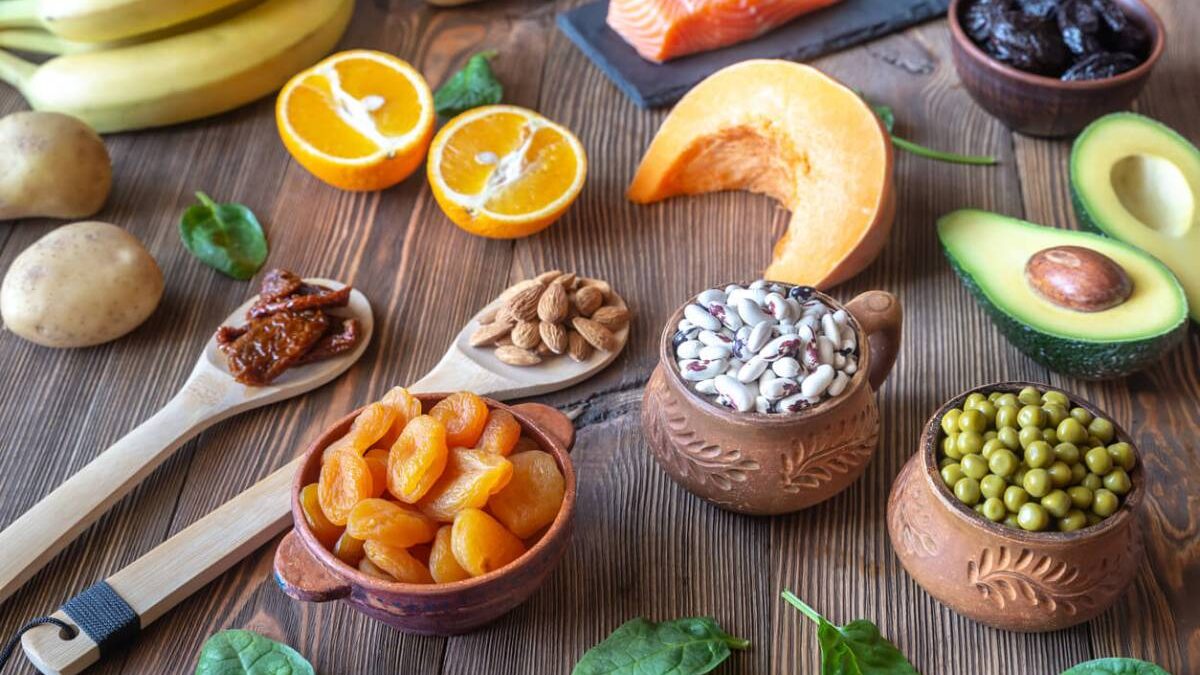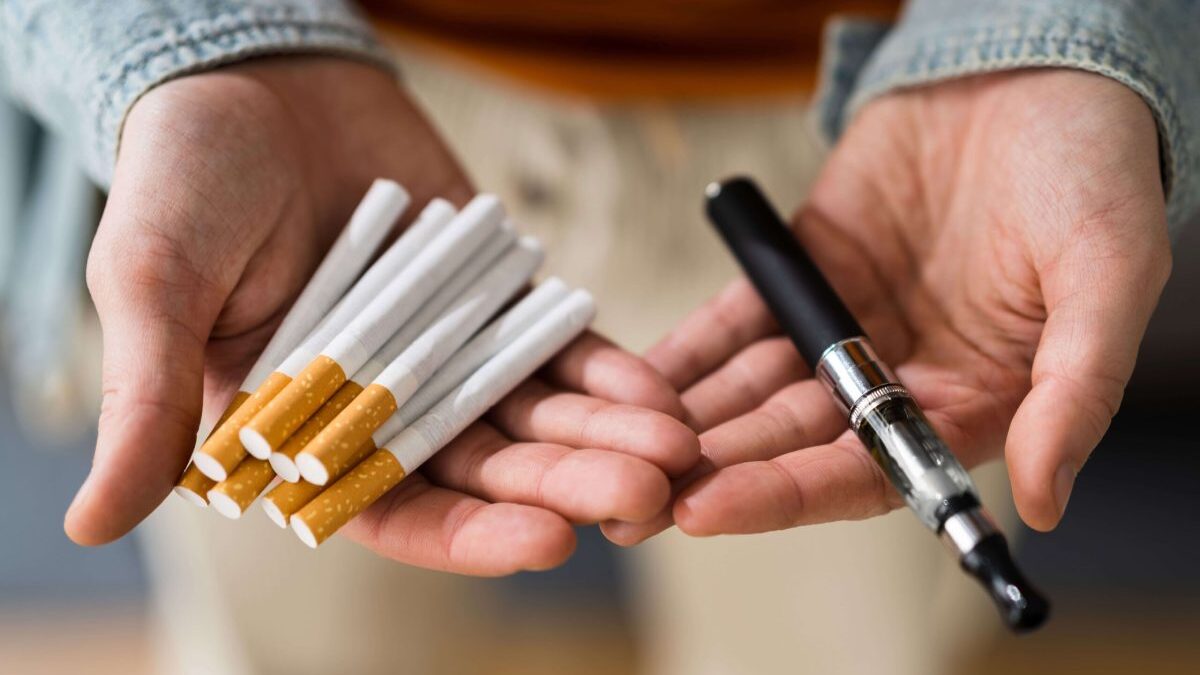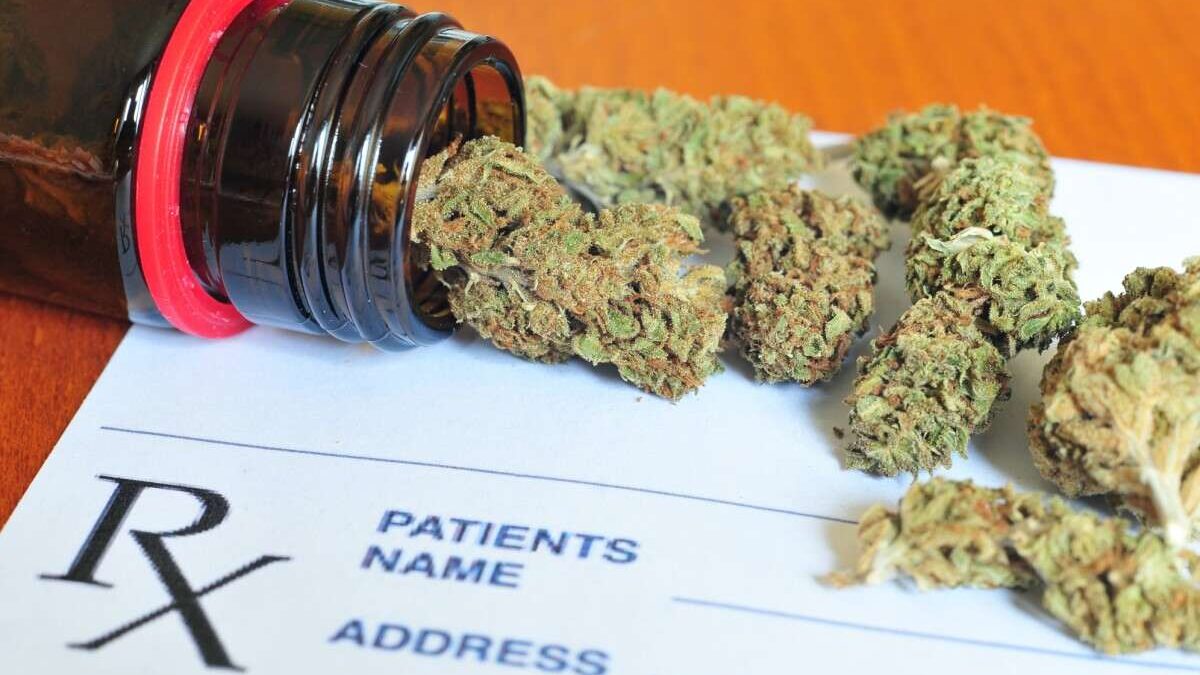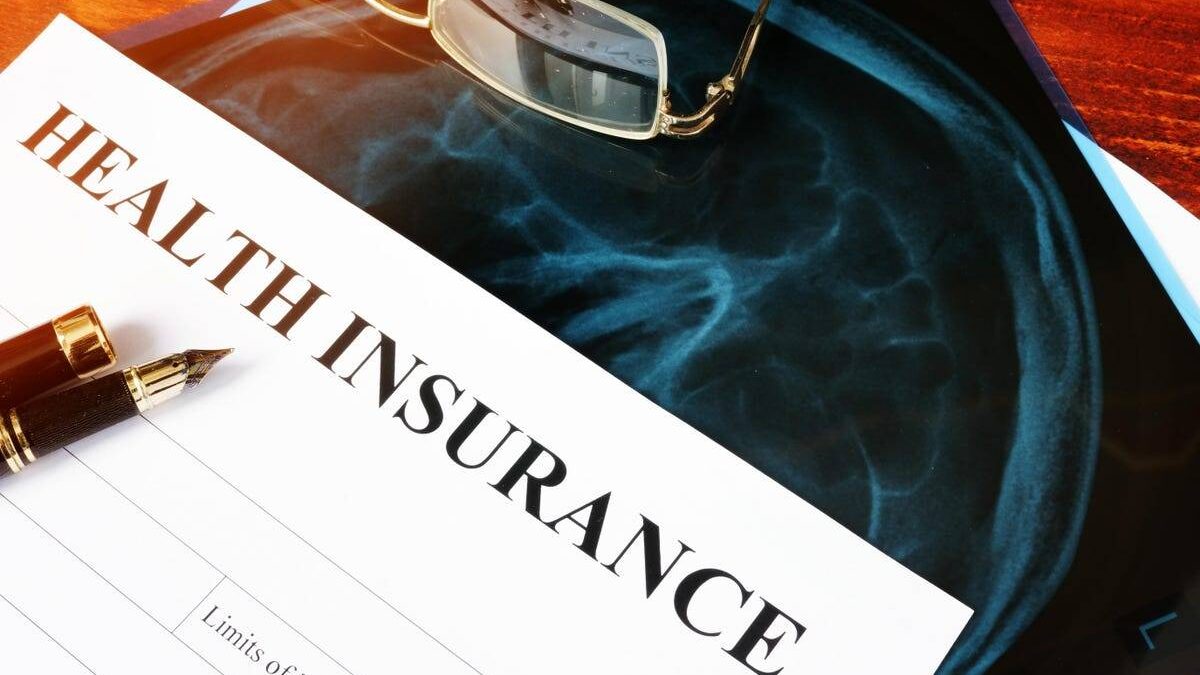
Individuals with severe HIV complications are likely to search for viable solutions. Patients will find out that some solutions are more effective than others. Patients should consult with their primary physician until they find the best solution. Certain patients may find that dietary changes are beneficial. It’s not a cure for your problem. Visitors will find useful information below about how to use dietary changes in order to combat HIV symptoms.

Helpful?
HIV positive individuals must take action to keep their health. Some techniques are more effective and aggressive than others. HIV patients need to pay attention to their diet, as nutrition can make a big difference. Patients undergoing underground HIV treatment will experience a variety of changes due to the illness and medications they are taking.
HIV-positive patients experience constant diarrhea and weight loss. It is possible to get infected. Lipodystrophy, also known as fat distribution syndrome, is another problem that HIV patients can experience. The patient’s shape can change due to increased cholesterol levels. A diet that is tailored to your needs can help you combat these problems.
The Link
HIV patients living in the US or abroad need to understand the link between their condition and nutrition. A poor diet can lead to a variety of problems sooner or later. However, a healthy diet can help provide benefits. A person with HIV will require certain nutrients. Patients who do not consume these nutrients will lose weight. A strict diet can help to combat and prevent such problems.
But, more importantly, essential nutrients can boost the immune system. This is why consumers are advised to follow a healthy eating plan after they have been diagnosed with the disease. A healthy diet can help patients better manage symptoms associated with the condition and medications they take. The patient should also consider taking medications that are available on Kangaroo.co.
Implementing diet changes
Patients must make dietary changes that are effective. Addition of fat to your diet can have negative effects. Medical professionals suggest switching to a diet low in fat. In order to get enough protein, patients should choose low-fat options. Choose low-fat foods with sufficient protein. Also, they should start adding more fruits to their diet. The addition of whole grains, legumes and other similar foods to your diet can also help.
Even though most people like a sweet or soft drink occasionally, their consumption should be strictly limited for HIV-positive individuals. All meals and snacks should be high in carbohydrates, healthy fats and proteins. Implement a healthy diet to your daily life to help you body cope with the effects of the medication and disease.
Unique Issues and Dietary Alternatives
Those who are HIV positive will experience specific symptoms such as nausea and diarrhea. These issues can be eased by making specific dietary changes. You can reduce the frequency of nausea and upset stomach by altering your diet. Reduce the amount of hot food you consume daily. You should start eating colder food more frequently. Try eating smaller meals. Eat a small meal about every two hours to keep your stomach full.
Avoid spicy foods with strong odors as they can cause additional problems. Relax and rest while you wait for your next meal. Be careful not to lie flat. Your doctor can prescribe specific medications to help alleviate nausea. Drink more if you have diarrhea. You can use Gatorade or diluted juices for this. Don’t consume too much milk or caffeine. Eat a flower when you are enjoying a tasty meal.
Exercise is important for those who have difficulty developing hunger. The tips above could help people going through HIV healing.

















